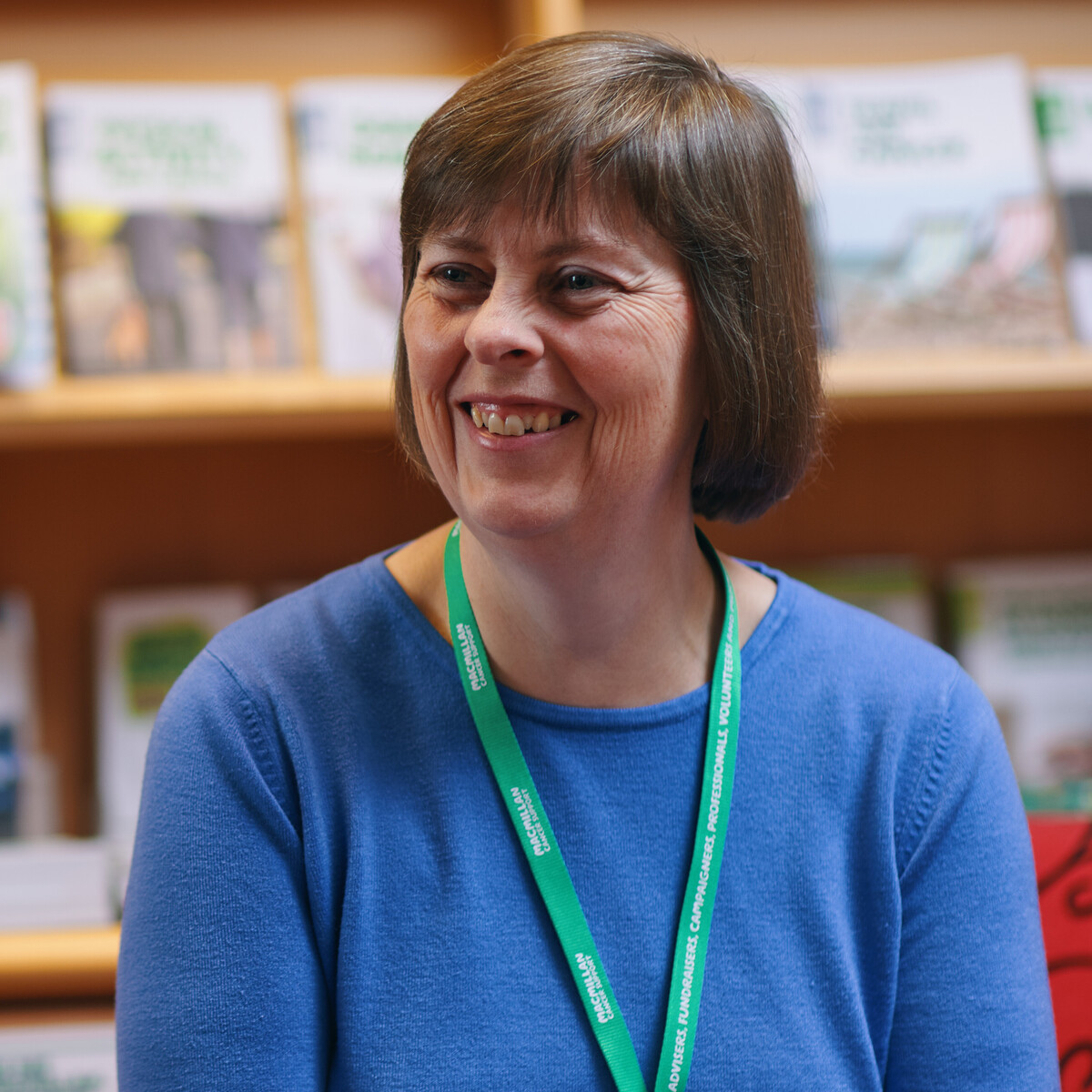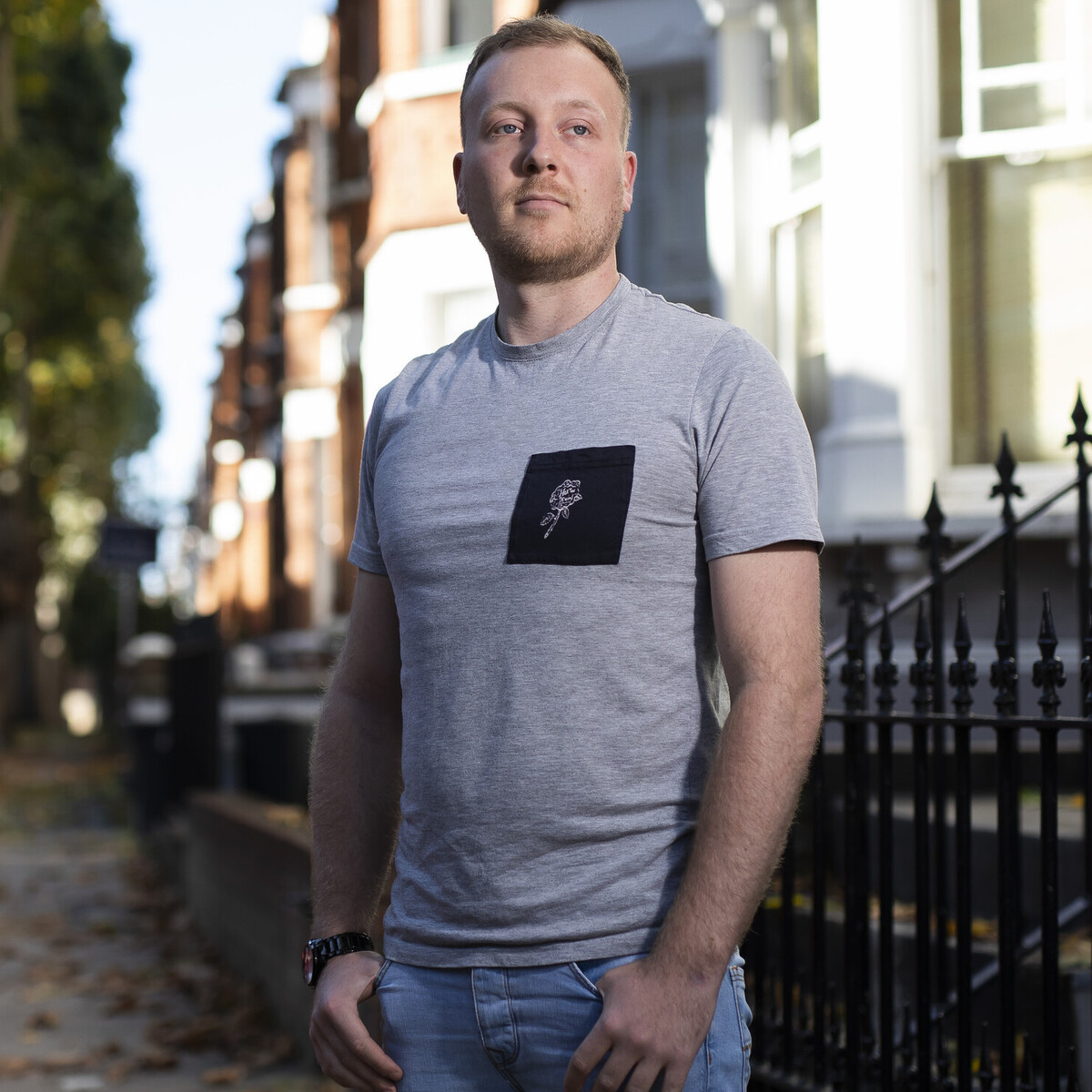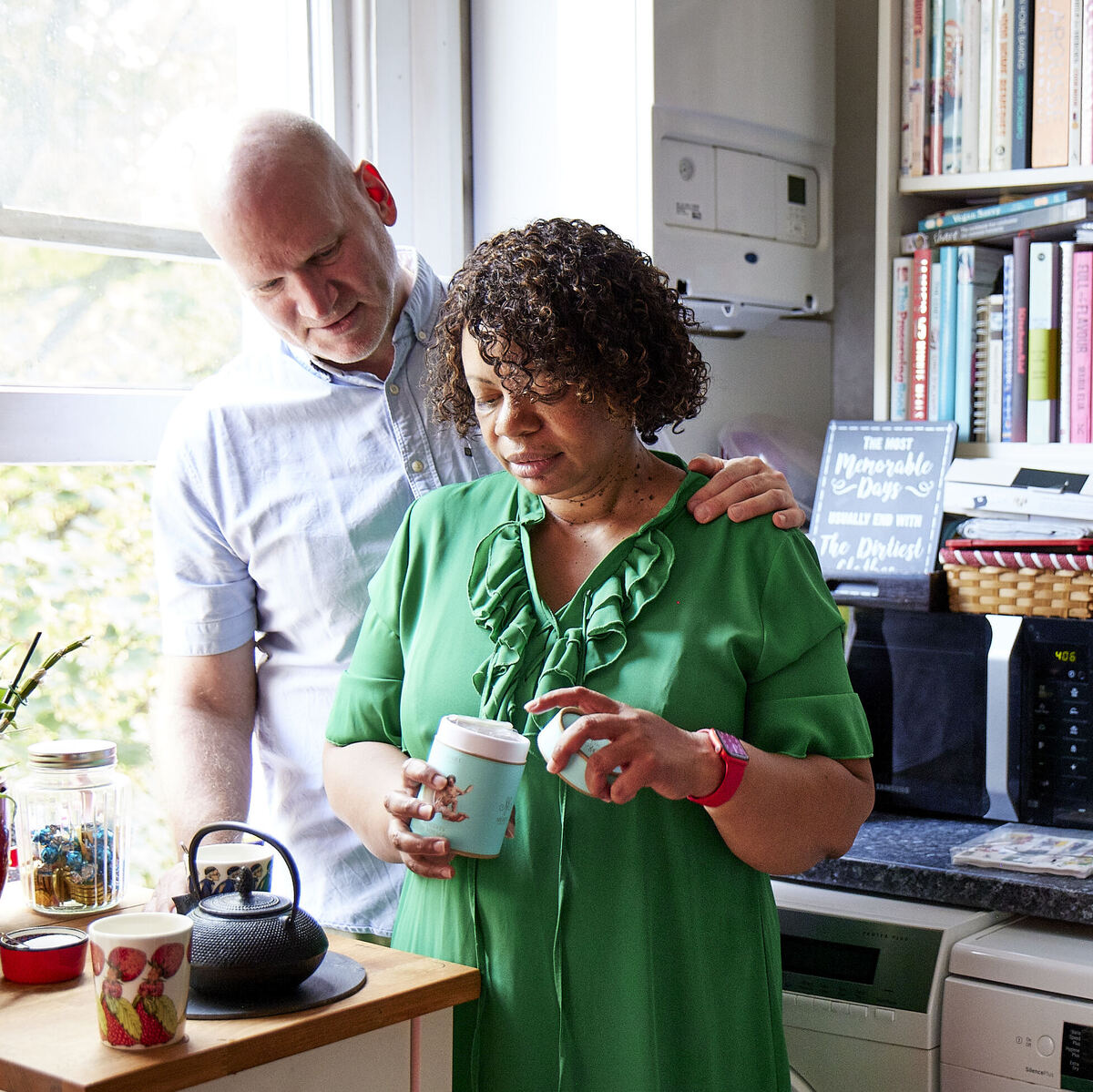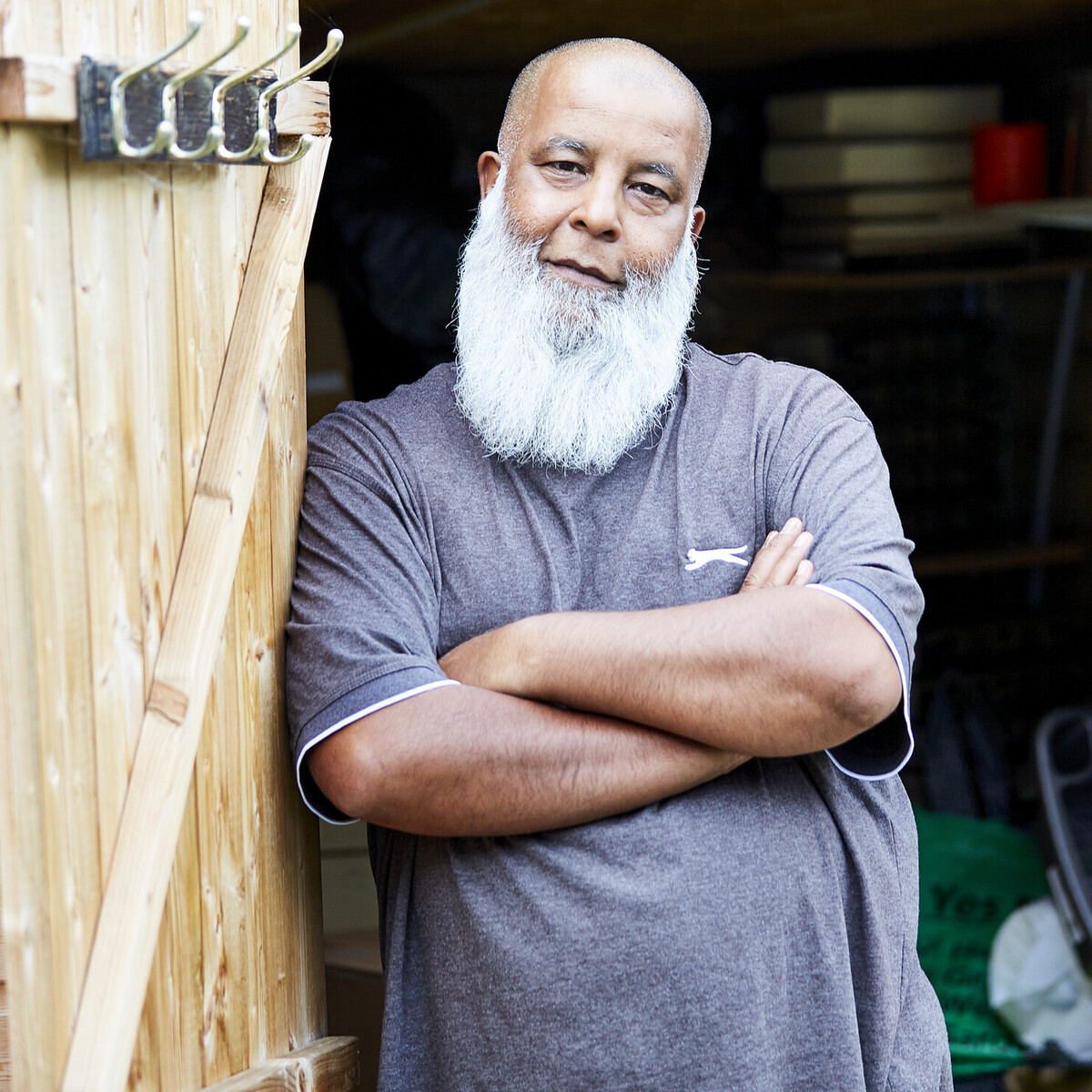
All our campaigns
From speaking out about the cost of cancer, to improving healthcare services, Macmillan campaigns to make a difference to the lives of people living with cancer.
Learn about our latest campaign
Our past campaigns
Find out how our past campaigns have helped to improve healthcare services and make a real difference to the lives of people living with cancer.
Other ways to campaign for people with cancer
From campaigning in your local area, to sharing your story, there are lots of ways you can help improve the lives of people living with cancer.















